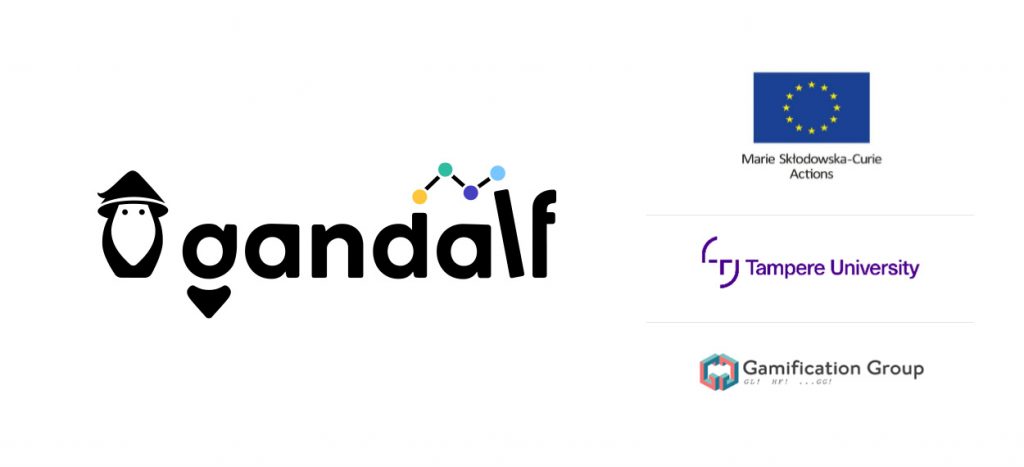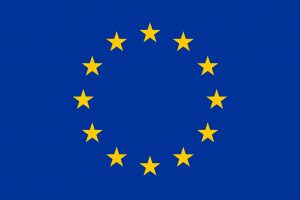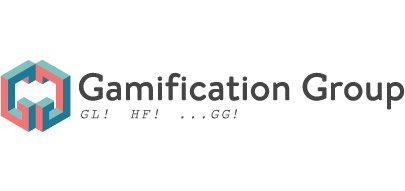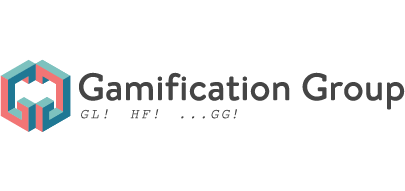
A full 90% of all the data in the world has been produced over the last two years and the challenge of our society is to turn a world full of data into a data-driven world. Whereas the impressive progress in predictive analytics let us have insight on everything, our motivational resources are limited to learn and understand our reality. Today, gamification is regarded as a promising technique to improve motivational affordance in domains where people have difficulty of engagement such as data analytics and forecasting education.
In this regard, the GANDALF project proposes the design of gamification and datafication solutions, which aims at improvement of learning outcomes in the context of forecasting course and demonstrate a world view based on facts. GANDALF aims to experimentally investigate gamification effects on educational process of a forecasting techniques’ course by addressing three novel objectives:
(1) Design, implement and use a web-based, modular, educational platform in order to teach exploratory data analytics (module 1) and forecasting time series methods (module 2);
(2) Investigate behavioural and psychological effects of individual affordances on learning exploratory analysis and promote fact-based world-view;
(3) Examine behavioural and psychological outcomes in the context of a forecasting time series methods course. GANDALF employs controlled experimental research methods, with pre-, post-test design and forecasting problems to gain knowledge on the gamification effect on learning, user-experience and users’ forecasting accuracy based on their characteristics as well.
GANDALF, along with its innovative points, contributes not only to civic understanding of data, but also to investigate how to effectively motivate users to explore data insights. In parallel, GANDALF advances my professional career and personal development in interdisciplinary field of teaching and learning methodologies for forecasting courses with gamification strategies.
GANDALF is a two-year, EU-funded research project dedicated to the study of Gamification in Data Analytics and Forecasting Education (MSCA-IF-2018, grant agreement No 840809). The project is led by Nikoletta Zampeta Legaki (PI) and supervised by Prof. Juho Hamari, member of the Gamification Group and postdoctoral researcher at Tampere University, Finland.


This project has received funding from the European Union’s Horizon 2020 research and innovation programme under the Marie Sklodowska-Curie, grant agreement No 840809




